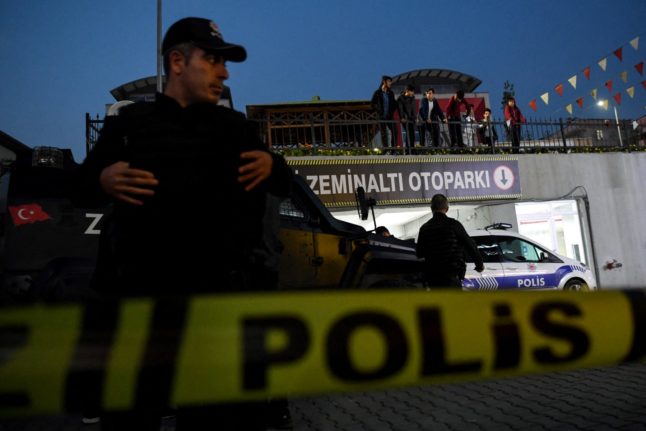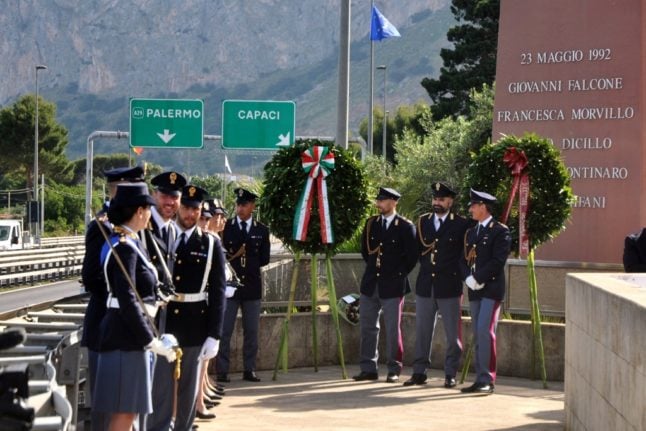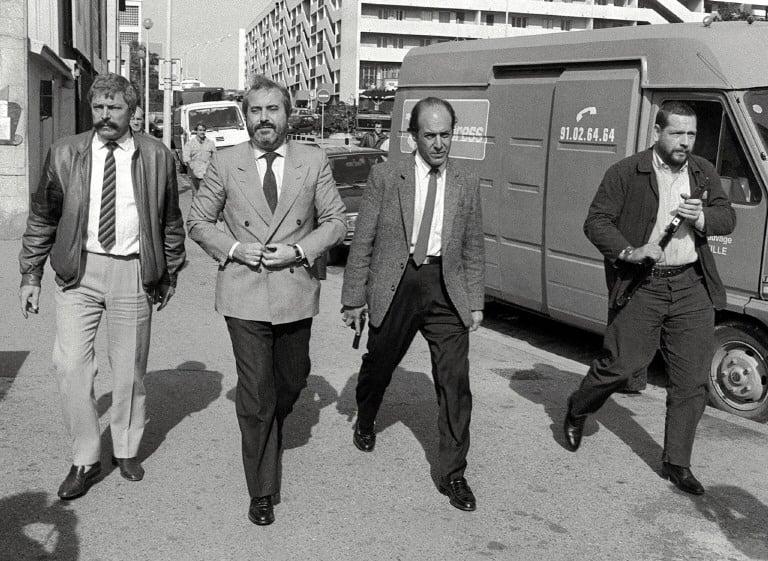The attack occurred at around 11:40 (0840 GMT) at the Santa Maria church in the Sariyer district of Istanbul on the European side and was carried out by two masked men, Interior Minister Ali Yerlikaya said on social media.
Turkish officials said the attack looked like a targeted attack against one person rather than against the Catholic church.
The minister said an individual identified only as C.T. — who was among those attending Sunday’s service — was the target of the gun attack and lost his life.
An investigation had been launched to find the attackers, Yerlikaya added, who fled the scene after the shooting. Local officials said around 40 people attended the mass.
Television images showed police and an ambulance outside the ornate 19th century church.
“We strongly condemn this vile attack,” Yerlikaya said.
Bugün Saat 11.40 sıralarında
Sarıyer Büyükdere Mahallesinde bulunan Santa Maria Kilisesindeki ayin sırasında,
ayine katılanlar içinde bulunan C.T.
maskeli 2 kişi tarafından silahlı saldırıya uğramış
ve maalesef hayatını kaybetmiştir.Konuyla ilgi geniş çaplı soruşturma ve…
— Ali Yerlikaya (@AliYerlikaya) January 28, 2024
Security footage ahead of the attack showed a pair of men wearing black snow masks with their hands in their pockets and one was seen wearing black sunglasses.
Francis expressed his support for the Catholic church after the attack. “I express my closeness to the community of the Santa Maria” church in Istanbul, the Argentinian pope said at the end of his weekly Angelus prayer in St Peter’s Square at the Vatican.
‘Firm condemnation’
Italy’s Foreign Minister Antonio Tajani also expressed his “condolences and firm condemnation” over the attack, and backed the Turkish authorities to find the killers.
The incident comes more than a week after Italian Prime Minister Giorgia Meloni met with Turkish President Recep Tayyip Erdogan in Istanbul.
Turkey’s ruling AKP party spokesman Omer Celik said the attackers took aim at a citizen during the mass.
“Our security forces are conducting a large-scale investigation into the matter,” he said. “Those who threaten the peace and security of our citizens will never
achieve their goals.”
Istanbul governor Davut Gul told reporters at the scene that there were no injuries. The motive for the attack was also not immediately clear.
In December last year, Turkish security forces detained 32 suspects over alleged links with Islamic State jihadists who were planning attacks on churches and synagogues, as well as the Iraqi embassy.
IS extremists have carried out a string of attacks on Turkish soil, including against a nightclub in Istanbul in 2017 that left 39 people dead.




 Please whitelist us to continue reading.
Please whitelist us to continue reading.
Member comments